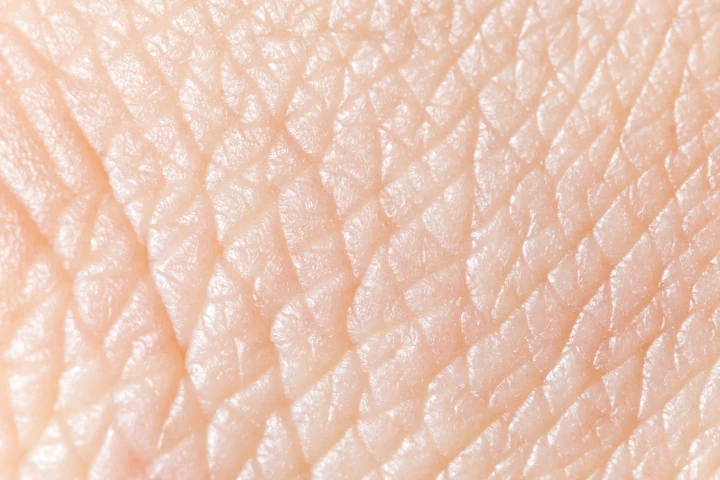Zhejiang University
-
China has eclipsed its own – and the US – world record, building a monster underground hypergravity centrifuge that can model scenarios with 1,900 times the gravitational force of Earth, bending space and time with unprecedented power.
-
In a review of more than 200 clinical trials, scientists have identified which exercise offers the most benefits in relieving the symptoms of knee osteoarthritis. It's the most comprehensive look at physical activity in treating the condition yet.
-
Researchers have successfully tweaked a specialized compound from brown seaweed to unlock its powerful anti-obesity potential. Instead of appetite suppression and fat burning, this molecule reshapes the gut microbiome to fight weight gain naturally.
-
Scientists have created a new type of display with the smallest pixels and highest pixel density ever. Individual pixels were shrunk to 90 nanometers – about the size of a virus – and a record 127,000 of them were crammed into every inch of a display
-
Researchers have developed a nanoscale sensor that detects lung cancer by analyzing isoprene levels in your breath. The team believes its breakthrough could unlock a non-invasive, low-cost method to catch the disease early and save lives.
-
Researchers have created a slow-release ‘smart’ insulin that responds to blood glucose levels to provide week-long control with virtually no incidents of low blood sugar. The novel insulin opens the door to once-a-week insulin injections for diabetics.
-
For type 1 diabetics, it's imperative that they maintain healthy blood glucose levels to avoid complications. Researchers have developed a self-adjusting nanoparticle-based insulin that may go some way towards improving blood glucose control.
-
Most three-dimensional glass objects are produced via either a molding, blowing or 3D-printing process. Chinese scientists, however, have devised a technique of folding such items into shape – and it has some key advantages over other methods.
-
By the time that Parkinson’s disease is causing observable symptoms, it's often advanced to the stage that it's difficult to treat. In an effort to detect the disease earlier, scientists have developed an "electronic nose" that sniffs it out.
-
Radio waves don't travel well through water, which is why devices such as ROVS have to be linked to their operator via a communications cable. According to a new study, however, solar panels may soon allow for practical light-based communications.
-
It can be frustrating, when the jacket that you initially put on to keep you warm starts making you too hot. Jackets made from an experimental new reversible fabric, however, could both heat and cool their wearer.
-
While there already are powered suction-cup devices that allow people or robots to climb walls, they only work on smooth surfaces. Chinese scientists, however, have now developed a system that sticks to rough surfaces via spinning water.
Load More










